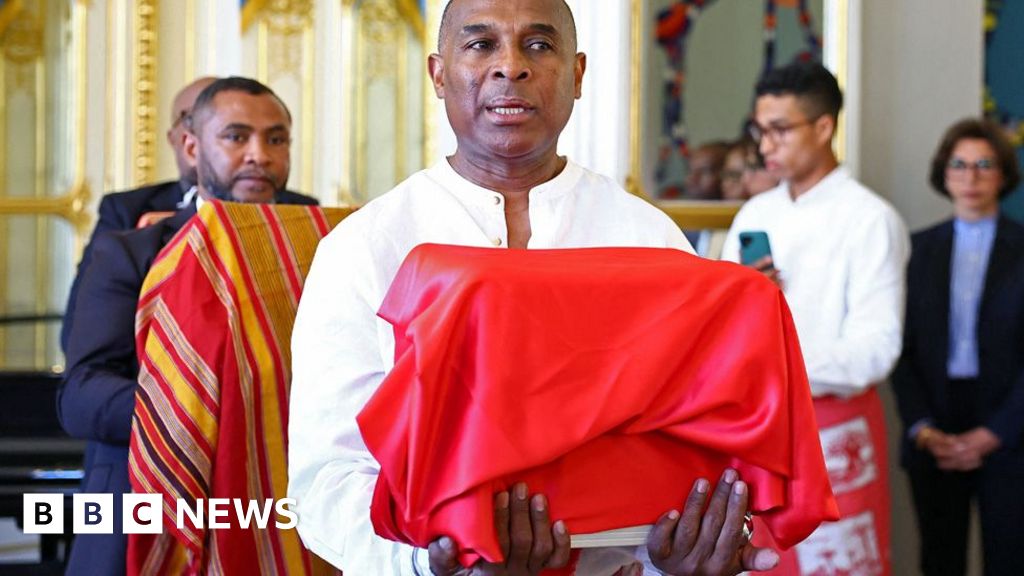Yonga and her co-founder, Mulenga Kapwepwe, have discovered a vast collection of Zambian cultural artifacts in a Swedish museum that remained dormant and unexamined. The project also introduces the ancient writing system Sona, used in various forms across communities, stressing its mathematical and cosmic significance. The revival of these historical connections seeks to empower Zambians and reconnect them with their cultural identities, reshaping perceptions about Africa’s scholarly inheritance.
By emphasizing collaboration with community elders and ongoing research, Yonga aims to inspire a broader recognition and appreciation of Zambia's complex cultural narratives, one post at a time.
This digital treasure hunt not only enriches heritage discourse but also transforms individual identities as Zambians reassess their historical context and social standing through the lens of their lost and reclaimed cultural legacies.
By emphasizing collaboration with community elders and ongoing research, Yonga aims to inspire a broader recognition and appreciation of Zambia's complex cultural narratives, one post at a time.
This digital treasure hunt not only enriches heritage discourse but also transforms individual identities as Zambians reassess their historical context and social standing through the lens of their lost and reclaimed cultural legacies.




















